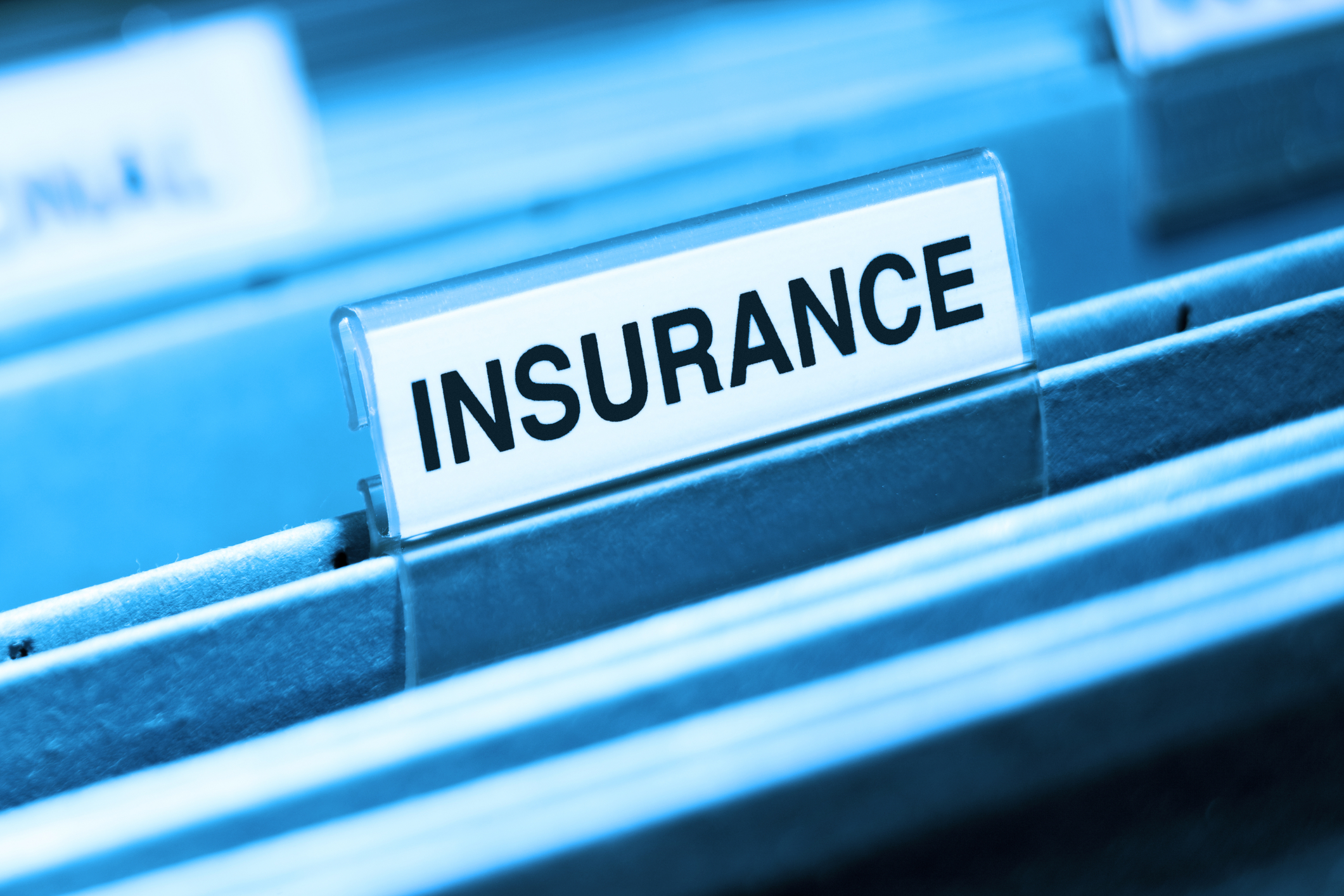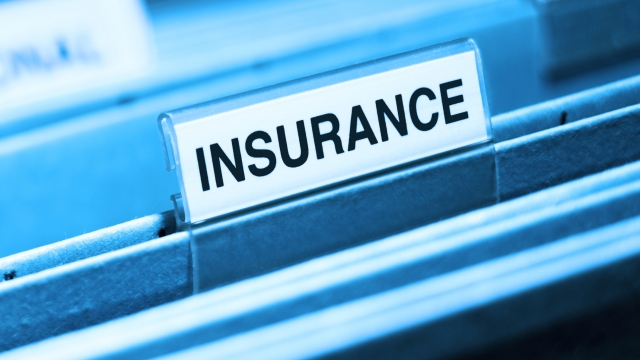Running a business involves countless responsibilities, from managing day-to-day operations to strategizing for growth. Among these essential tasks is ensuring the protection of your business assets. Commercial property insurance is a vital component of safeguarding your business against unforeseen risks. Whether you own a small retail store or a large enterprise, having the right insurance coverage can make a significant difference in the face of adversity.
Business insurance serves as a safety net, providing financial support in the event of property damage, theft, or liability claims. Commercial property insurance specifically focuses on protecting your physical assets, such as buildings, equipment, inventory, and any other property crucial to your business’s operations. It offers coverage against various risks, including fire, vandalism, natural disasters, and even losses resulting from a break-in.
In this article, we will guide you through the essentials of commercial property insurance, helping you understand its importance and how to choose the right coverage for your business’s specific needs. By exploring the key aspects of this type of insurance, we aim to empower you to make informed decisions to protect your business assets effectively. Let’s delve into the world of commercial property insurance and discover the peace of mind it can bring to your entrepreneurial journey.
Understanding Commercial Property Insurance
Commercial property insurance is an essential aspect of safeguarding your business assets. Whether you own a small shop or a large office complex, this type of insurance can provide the necessary protection in the event of unforeseen circumstances. By understanding the basics of commercial property insurance, you can make informed decisions to secure your business and mitigate potential risks.
Business insurance policies, including commercial property insurance, are designed to cover the physical assets of your company. This typically includes buildings, equipment, inventory, and furniture. In the event of fire, theft, vandalism, or natural disasters, commercial property insurance can help recoup the financial losses incurred from such incidents.
One important factor to consider when obtaining commercial property insurance is the coverage limit. This refers to the maximum amount the insurance company will pay in the event of a claim. It is crucial to carefully assess the value of your business assets to ensure that you have adequate coverage. Underinsuring your assets may leave you vulnerable to financial strain should a significant loss occur.
In addition to property damage, commercial property insurance can also provide coverage for business interruption. This type of coverage helps protect against income loss that may result from a covered event, such as a fire or a natural disaster. It can help cover expenses like rent, employee wages, and ongoing operating costs while your business is temporarily unable to operate.
Understanding the basics of commercial property insurance is essential for any business owner. By adequately insuring your valuable assets and being informed about your coverage, you can protect your business from potential risks and ensure its continued success. Remember to regularly review and update your policy to reflect any changes in your business and its assets.
Coverage Options for Business Assets

When it comes to protecting your business assets, having the right insurance coverage is essential. Commercial property insurance offers various options to ensure your valuable assets are adequately protected. Let’s explore the coverage options available for safeguarding your business.
Firstly, one of the most common types of coverage is building insurance. This protects the physical structure of your business property against unforeseen events such as fire, vandalism, or natural disasters. Whether you own the building or lease the space, having building insurance ensures that any damage to the structure won’t have a crippling financial impact on your business.
business insurance colorado
Next, contents insurance covers the belongings inside your business premises. This can include equipment, machinery, furniture, inventory, and other valuable assets. In case of theft, damage, or loss, contents insurance provides the necessary financial support to replace or repair these items, minimizing disruption to your operations.
In addition to building and contents insurance, business interruption coverage is an important option to consider. This type of insurance helps protect your business income in case of interruptions caused by unforeseen events. Whether due to a natural disaster or an unexpected incident that makes your business temporarily inoperable, business interruption coverage provides compensation for lost income and ongoing expenses, helping you stay afloat during challenging times.
By assessing the specific needs and risks of your business, you can determine which coverage options are essential for safeguarding your assets. Building insurance, contents insurance, and business interruption coverage are key considerations that can provide the necessary protection to keep your business running smoothly, even in the face of unexpected challenges.
Factors to Consider for Choosing the Right Policy
When selecting a commercial property insurance policy for your business, there are several essential factors to consider. By carefully evaluating these aspects, you can ensure that you choose the right insurance coverage to protect your valuable business assets.
Coverage Options: The first factor to consider is the extent of coverage offered by the policy. Determine what types of risks and perils are covered, such as fire, theft, natural disasters, or vandalism. It’s crucial to choose a policy that adequately addresses the specific risks your business may face.
Policy Limits: Policy limits refer to the maximum amount that an insurance company will pay out for a claim. Carefully evaluate the policy limits to ensure they align with the value of your commercial property and assets. It’s important to strike a balance between adequate coverage and affordability.
Deductibles: The deductible is the amount the policyholder must pay out of pocket before the insurance coverage kicks in. Consider the deductible amount and how it fits within your budget. Opting for a higher deductible may lower your policy premium, but it’s crucial to ensure you can comfortably afford the deductible in case of a claim.
By taking into account these crucial factors, you can make an informed decision when choosing a commercial property insurance policy. Remember, every business has unique needs, so it’s essential to select coverage that suits your specific circumstances and risk profile.


